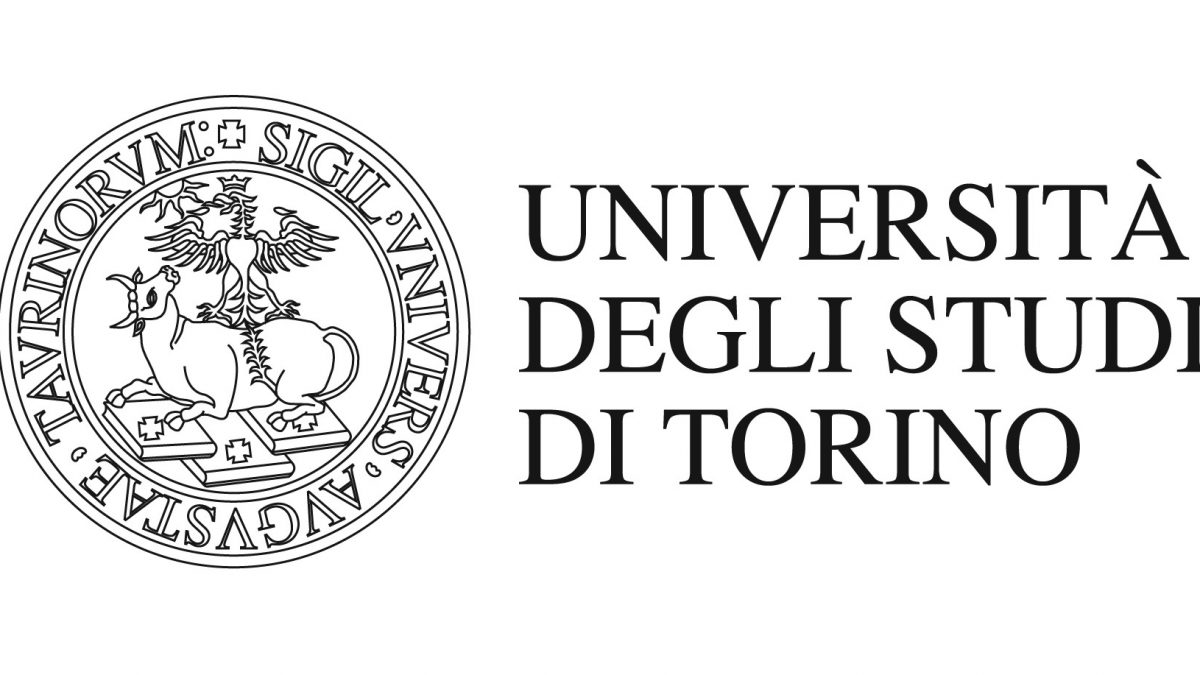- Login to ASPnet | Ghana Commission for UNESCO | Government Agency Responsible for the coordination of Ghana's contributions to and presence at UNESCO
CALL FOR APPLICATIONS FOR THE NEW EDITION OF THE MASTERS IN “WORLD HERITAGE AND CULTURAL PROJECTS FOR DEVELOPMENT” (2020/2021)

Program Description
The Master is designed by the University of Torino, the Politecnico di Torino, the International Training Centre of the ILO (ITC-ILO), in collaboration with ICCROM and the UNESCO World Heritage Centre. It combines theory and practice and focuses on developing economically sound projects designed around a wide spectrum of cultural activities in the fields of natural and cultural heritage, cultural and creative industries, and tourism.
Programme structure
The Master duration is 1 year with only about 4 months of face-to-face learning activities taking place in Turin, Italy. This makes the programme accessible and affordable for working practitioners and students coming from outside of Italy.
The residential module takes place at the ITCILO campus in Turin – a modern green area closer to river Po, providing a stimulating international environment, ideal for studying, sharing experience and creating networks.
Methodology and approach
The programme promotes discussion, debate and diversity by providing opportunities for exchange and peer learning, in the classroom and during the study visits.
The students:
-Learn from the world renown professors and experts during the lectures and knowledge sessions
-Conduct case-study analysis of some of the current examples
-Practice through out-of-classroom activities, workshops and study visits to selected sites/locations
-Apply the frameworks and concepts by designing their own actual project that they can implement after the completion of the course
-Receive tutoring support for learning comprehension and write-up of the project document.
Course content and outline of the programme
The Master combines two distance-learning modules with a face-to-face period.
The first cycle (15 October 2020 – January 2021) is a distance learning phase supported by a tutoring service.
The second cycle (January 2021 – May 2021) is a face-to-face learning period that is held in Turin, Italy, at the International Training Centre of the ILO.
The third cycle (May 2021 – October 2021) is a distance learning home-based research and study period during which the students are expected to finalize their projects, while being at work or home or attending internships.
Detailed curriculum
1st cycle distance learning module (15 October 2020 – January 2021)
This introductory phase is a distance-learning tutor-assisted distance-learning module with the two foundational blocks:
• Cultural Heritage and Economic Development
• World Heritage System and Heritage Management.
2nd cycle face-to-face learning ( January 2021 – May 2021)
- MODULE Culture and Economic Development
- MODULE Project Management in the Cultural Field
- MODULE Cultural Sectors and Creative Industries
- MODULE Tools for Strategic Planning and Evaluation
3rd cycle distance learning final research and write-up (May 2021 – 14 October 2021)
This module allows the students to further elaborate and develop their project documents, in order to prepare their final submission and to explore possibilities of concrete implementation.
Renowned faculty
The Master has a strong international faculty including professors from Macquarie University, Ecole polytechnique, City University London, University Paris I-Sorbonne, and University of Barcelona.
A number of practitioners, officials and experts from UNESCO, ILO and several other international organizations also teach on the Master, making it a valuable blend of contemporary international academic and practical experience.
Application:
Interested candidates should duly complete the APPLICATION FORM and submit it on-line. Each applicant will be required to share their project idea before the starting date of the course.
The new deadline for application is on 1 June 2019. Applicants are welcome from women and men and early applications are welcome. Please read carfully the application procedure, soon available on our web page.
Tuition fees and scholarships
The tuition fee for the 2020-21 edition of the Master is 8500 Euro ( board and lodging not included).
A number of partial scholarships may become available on a competitive basis. Criteria for awarding scholarships include professional profile and its relevance to the course, capacity to implement the proposed project and personal financial situation. Preference will be given to applicants for scholarships from low income countries.
For information visit: https://www.itcilo.org/turin-school-of-development or info@unescoghana.org
